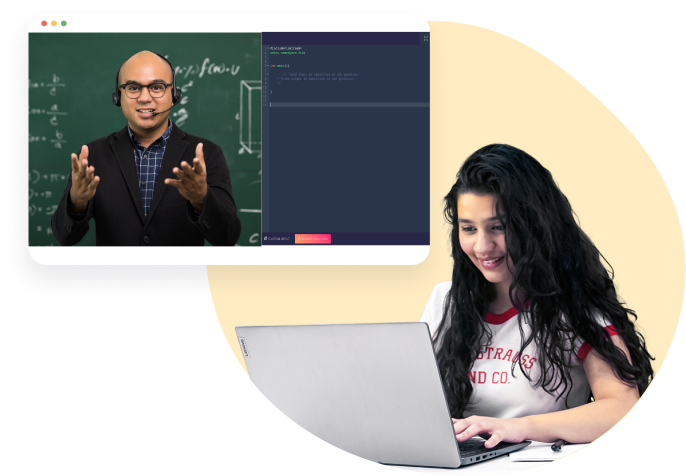The LangChain program is a powerful tool in Natural Language Processing (NLP) designed to enhance the capabilities of language models by linking them to a variety of data sources and processing modules. It leverages the strengths of large language models (LLMs) and integrates them with external knowledge bases, databases, and APIs to provide more accurate and contextually rich responses. LangChain facilitates the creation of complex NLP applications by providing a framework that supports modularity, extensibility, and ease of use. It enables developers to build applications that can handle tasks such as information retrieval, question answering, and conversational agents. Additionally, LangChain includes features for managing dialogue state, contextual memory, and dynamic response generation, making it a versatile tool for creating sophisticated NLP solutions. By connecting language models with structured and unstructured data sources, LangChain enhances the functionality and practicality of AI-driven language applications.

₹30,000
4.8
12K+ Learners enrolled
100 +
Duration(Hours)
350+
Problems


Watch classes any time at your convenience

Catch up on the course when life is calling you elsewhere



A structured curriculum that makes learning easy

Practice code problems of varying difficulty

Engagement coach to keep you motivated

Compile & run in an integrated coding environment

1:1 sessions over voice call & chat with our skilled teaching assistants




1:1 Mock interviews with resume and career guidance

Structured feedback to make you better

Get a chance to be referred to your mentors’ company

Skill-based hiring across all levels of experience



Average salary hike

Transitions to product companies

Trusted placement partners
















